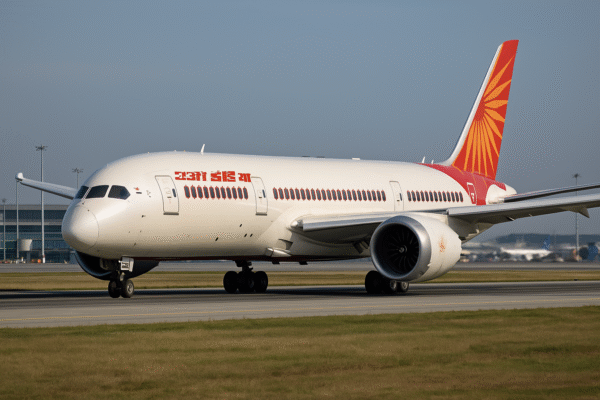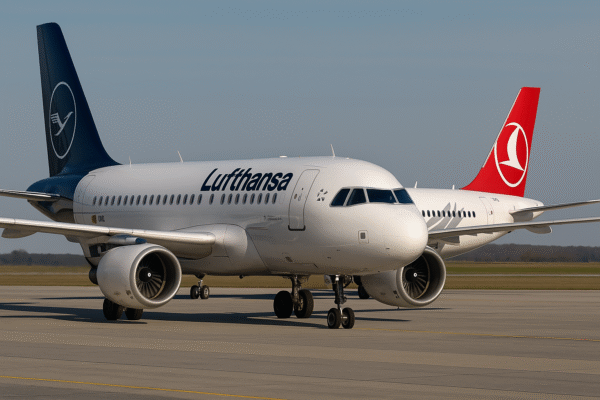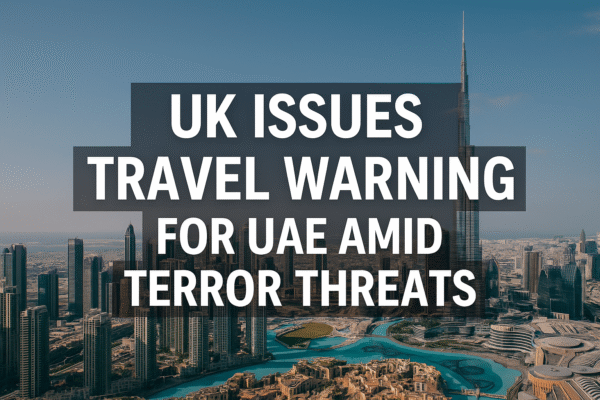The United Arab Emirates, long admired for its glimmering skyline, luxury resorts, and record-breaking attractions, is now at the center of global travel discussions following a stark security advisory from the United Kingdom. Issued by the UK Foreign, Commonwealth & Development Office (FCDO), the travel alert raises concerns about potential terrorist activity targeting popular tourist hubs across the Emirates.
While the UAE remains open for tourism, the advisory has placed a spotlight on traveler safety, particularly in major cities like Dubai and Abu Dhabi, where global tourists converge throughout the year.
From Luxury Landmark to Security Concern
Over the last two decades, the UAE has evolved from an oil-centric economy into one of the world’s most admired tourist destinations. Dubai’s towering Burj Khalifa, man-made islands, and mega shopping malls have helped it attract over 17 million visitors annually, while Abu Dhabi’s cultural attractions, including the Louvre Abu Dhabi and Saadiyat Island, draw art and heritage lovers from around the globe.
Despite ongoing regional unrest, the UAE has typically enjoyed a reputation for safety. Its advanced infrastructure, tight security, and pro-tourism policies have made it a beacon for travelers seeking luxury, convenience, and cultural fusion.
UK Travel Advisory: Key Concerns and Impact
The latest advisory from the UK government, however, has altered the tone. Travelers are being urged to remain vigilant due to a heightened threat of terrorist attacks. The FCDO has emphasized that while they are not advising against all travel to the UAE, there is a high likelihood of terror groups targeting civilians, especially in areas densely populated by foreign tourists.
Targeted sites outlined in the advisory include:
- Major international hotels and resorts
- Public beaches and marinas
- Shopping malls and restaurants
- Cultural landmarks and religious sites
- Residential neighborhoods
- Airports and public transport hubs
- Oil infrastructure and aviation facilities
These warnings are especially concerning as they focus on areas frequently visited by tourists. UK authorities advise travelers to monitor local news and avoid large gatherings where possible.
Context: Rising Regional Tensions
The security advisory comes in the wake of growing unrest in the Middle East, particularly following a fragile ceasefire agreement between Israel and Iran. Intelligence agencies suggest that terrorist factions may use the volatile climate as an opportunity to strike symbolic or high-profile targets, with the UAE’s high visibility and global appeal making it a potential candidate.
Although the UAE has not experienced recent attacks on tourist sites, global threats can have ripple effects on tourism sentiment, particularly among travelers from Europe and North America.
Tourism Industry Response: Reassurance Amid Uncertainty
The UAE’s tourism and interior ministries have not issued any new restrictions or warnings of their own but are working closely with international agencies to monitor and respond to risks. Tourism officials in Dubai and Abu Dhabi emphasize that the country continues to invest in state-of-the-art surveillance, emergency response systems, and counter-terrorism strategies.
According to the Department of Culture and Tourism – Abu Dhabi, “The safety of our residents and visitors remains our top priority. Our cities continue to welcome guests with open arms, supported by enhanced security and a world-class emergency infrastructure.”
Balancing Experience with Preparedness
For tourists planning to visit the UAE in the coming weeks or months, the key takeaway is cautious optimism. The UK has not banned travel but encourages British nationals and other global tourists to:
- Register with their embassy before arrival
- Avoid high-traffic areas during public demonstrations or heightened alerts
- Follow local guidance on security zones and restricted areas
- Refrain from photographing sensitive infrastructure or personnel
- Stay informed via apps and travel advisories like the FCDO website
The autumn and winter months traditionally mark the UAE’s peak travel season, with visitors arriving for global events, luxury shopping festivals, and sun-drenched holidays. With bookings already underway, many are watching closely to see if these warnings will result in a drop in visitor numbers or simply lead to increased travel awareness.
Travel Platforms Maintain Momentum
Despite concerns, major travel providers such as Emirates Airlines, Etihad Airways, and global booking platforms like Agoda and Booking.com have not reported mass cancellations. In fact, with Expo City Dubai hosting a series of international forums in late 2025, many travelers appear to be weighing the risks against the unique appeal the UAE offers.
Tour operators are now increasingly adding security-focused briefings to itineraries, and travel insurance providers are updating coverage terms to reflect the heightened risk environment.
Final Thoughts: A Region in Flux, A Destination in Focus
The UAE remains open for business, culture, and leisure—but under an intensified global gaze. For travelers, the message is clear: while the Emirates continue to shine with opportunity and world-class tourism infrastructure, situational awareness is more crucial than ever.
As global geopolitics continue to shift, the travel industry, tourists, and local authorities must collaborate to maintain safety, stability, and confidence in one of the world’s most iconic destinations.
For more travel news like this, keep reading Global Travel Wire

















